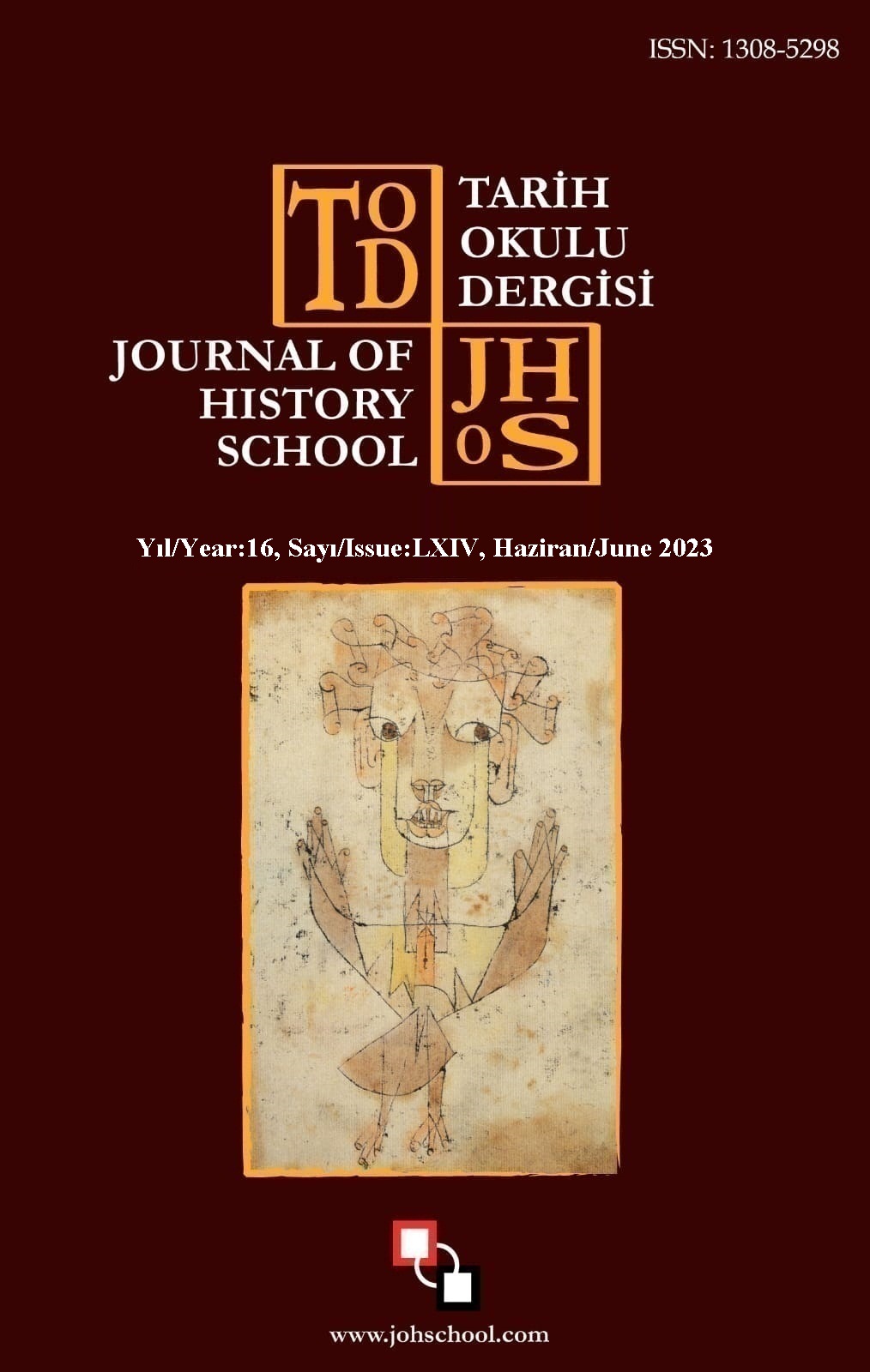Author :
Abstract
Araştırmanın amacı, ilkokul 3. sınıf öğrencileriyle işbirlikli öğrenme yönteminin tekniklerinden olan ayrılıp birleşme tekniğinin empatik eğilim ve hayat bilgisi dersine yönelik tutumlara etkisinin incelenmesidir. Bu araştırmada karma yöntem desenlerinden biri olan iç içe karma desen kullanılmıştır. Araştırmanın çalışma grubu Elazığ ili Kovancılar ilçesinde bulunan bir ilkokulda 2018-2019 öğretim yılında 3. sınıfta öğrenim gören iki farklı şubede bulunan 40 öğrencidir. Veri toplama aracı olarak KA-Sİ Çocuk ve Ergenler için Empatik Eğilim Ölçeği (KASİEEÖ), Hayat Bilgisi Dersine Yönelik Tutum Ölçeği (HBDYTÖ), yarı yapılandırılmış görüşme ve gözlem formu kullanılmıştır. KASİEEÖ son test bağımsız örneklemler t testi sonuçlarına göre istatistik olarak iki grup arasında anlamlı bir farklılık bulunmamıştır. Empatik eğilim ölçeği son test puanları deney ve kontrol grubu için etki büyüklüğü orta düzeydedir. HBDYTÖ deney ve kontrol son test Mann Whitney U testleri incelendiğinde iki grup arasında istatistiki olarak anlamlılık düzeyinde bir farklılık oluşmamıştır. KASİ-EEÖ kontrol ön-son test puanları istatistiki olarak empatik eğilimlerinde düşme yönünde anlamlı fark bulunmuştur. HBDYTÖ deney ön-son test puanları istatistiki olarak son test yönünde puanlarında artış olmuştur. Öğrencilerin ayrılıp birleşme tekniğini kullandığı ders sürecindeki gözlemler sonucunda etkinlik, iş birliği, iletişim-empati, derse karşı tutum temaları altında olumlu yönde gelişimler meydana gelmiştir. Görüşmeler sonucunda iş birliği içerisinde hareket etmeyi, ders işleniş sürecini ve araştırma yapmayı beğenmişlerdir. Süreçte beğenmedikleri yönler ise öğrencilerden kaynaklı sorunlar ve tekniğin uygulanmasında karşılan sorunlardır.
Keywords
Abstract
This study aimed to examine the effect of the jigsaw technique, one of the techniques of cooperative learning methods, on the empathic tendencies and attitudes of 3rd-grade primary school students towards the social sciences lesson. In this study, embedded mixed methods design was used. The study group consisted of 40 3rd-grade students from two different classes at a primary school in Kovancılar district of Elazığ province in the 2018-2019 academic year. KA-SI Empathic Tendency Scale for Children and Adolescents (KASIEEÖ), Attitudes towards Social Sciences Lesson (HBDYTÖ), semi-structured interview, and observation forms were used as data collection tools. No statistically significant differences were found in the post-test between the experimental and control groups according to the KASIEEÖ independent samples t-test results. The effect size of the empathic tendency scale post-test scores for the experimental and control groups was medium. When the HBDYTÖ experimental and control post-test, Mann Whitney U tests, were examined, no significant differences were found between the two groups. A statistically significant difference was found in terms of decreasing empathic tendencies of KASI-EEÖ control pre-post test scores. A statistically significant increase was found in favor of the post-test of HBDYTÖ. As a result of the observations during the lesson in which the jigsaw technique was used, positive developments occurred under the themes of activity, cooperation, communication-empathy, and attitude towards the lesson. As a result of the interviews, the participant students liked to act in cooperation, the teaching process, and doing research. The aspects they did not like in the process were the problems arising from the students and the problems encountered in the application of the technique.
